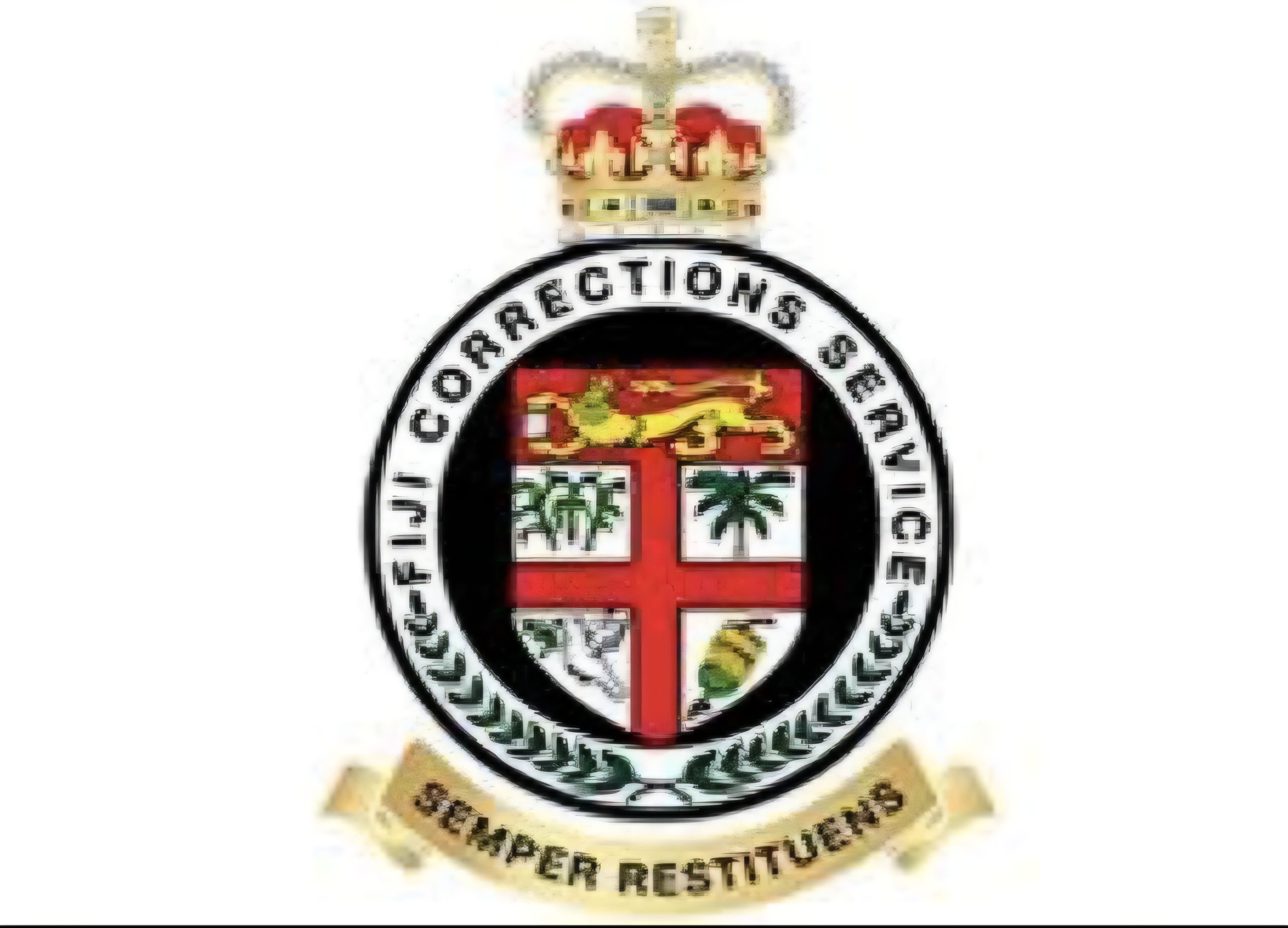According to the FCS, the strike began yesterday.
Fiji Corrections Service said inmate Tevita Qaqanivalu was one of the central figures in instigating the strike, and labelled him as an “outcast” of the institution due to his continued refusal to participate in rehabilitation programs such as counselling.
The inmates involved in the strike are housed in designated wings intended for reorientation and behavioural assessment.
These areas are described by the FCS as crucial spaces for self-reflection and rehabilitation aimed at encouraging conformity to institutional rules.
Inmates who persistently resist rules are reportedly moved to isolated cells under stricter conditions.
The FCS stated that five inmates known for “incorrigible behaviour” led the hunger strike, with 20 more inmates currently participating.
FCS said two inmates declined to participate and remain in regular accommodation, while the five alleged instigators have been relocated to the segregation unit for close monitoring.
“The Maximum Security Centre is specifically designed for inmates who are considered resistant to reform and pose a high risk of reoffending,” said FCS.
FCS also pointed to changes in leadership and policy enforcement as contributing factors to recent tensions within the prison.
“The new leadership has enforced stricter routines to eliminate loopholes previously exploited by inmates to smuggle contraband such as drugs and mobile phones,” the FCS said.
“This has prompted some prisoners to voice their grievances through external channels, including the Fiji Human Rights Commission.”
FCS reported that both Mr Qaqanivalu and another inmate, Deshwar Dutt, used vulgar language toward officers on the morning of 14 August, further demonstrating what authorities described as “typical rebellious behavior.”
While the FCS confirmed that standard procedures for hunger strike incidents are being followed, it also stated that investigations are ongoing to determine the accuracy of the inmates’ complaints.



